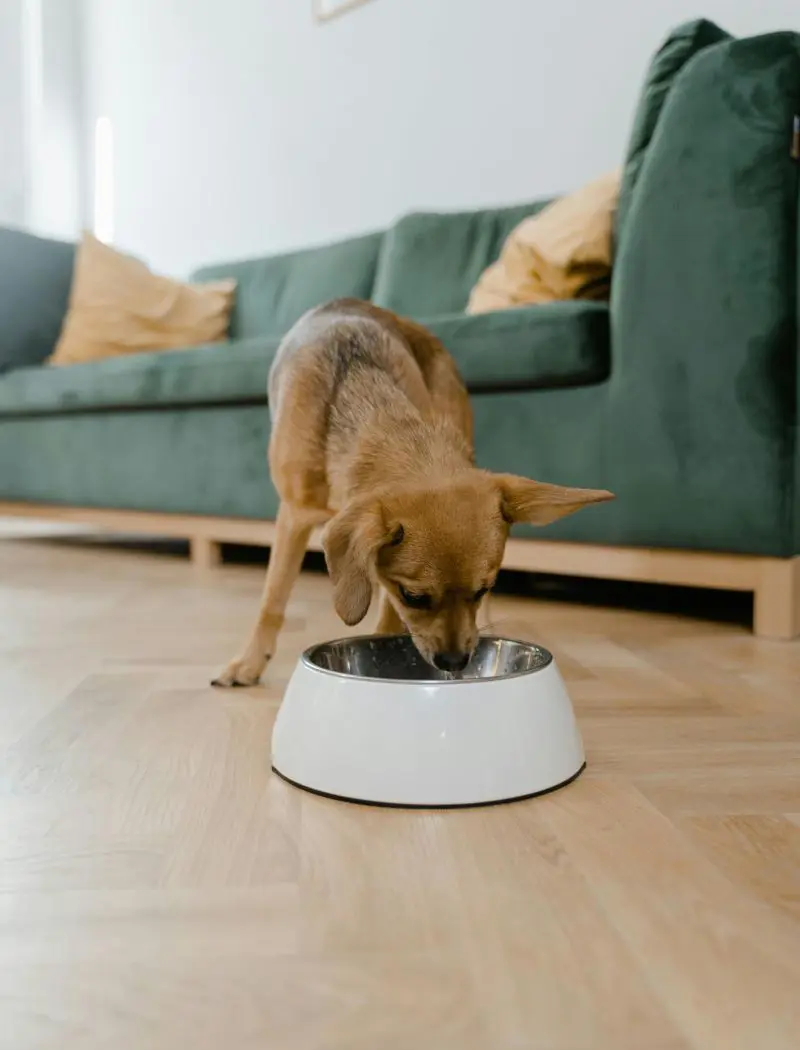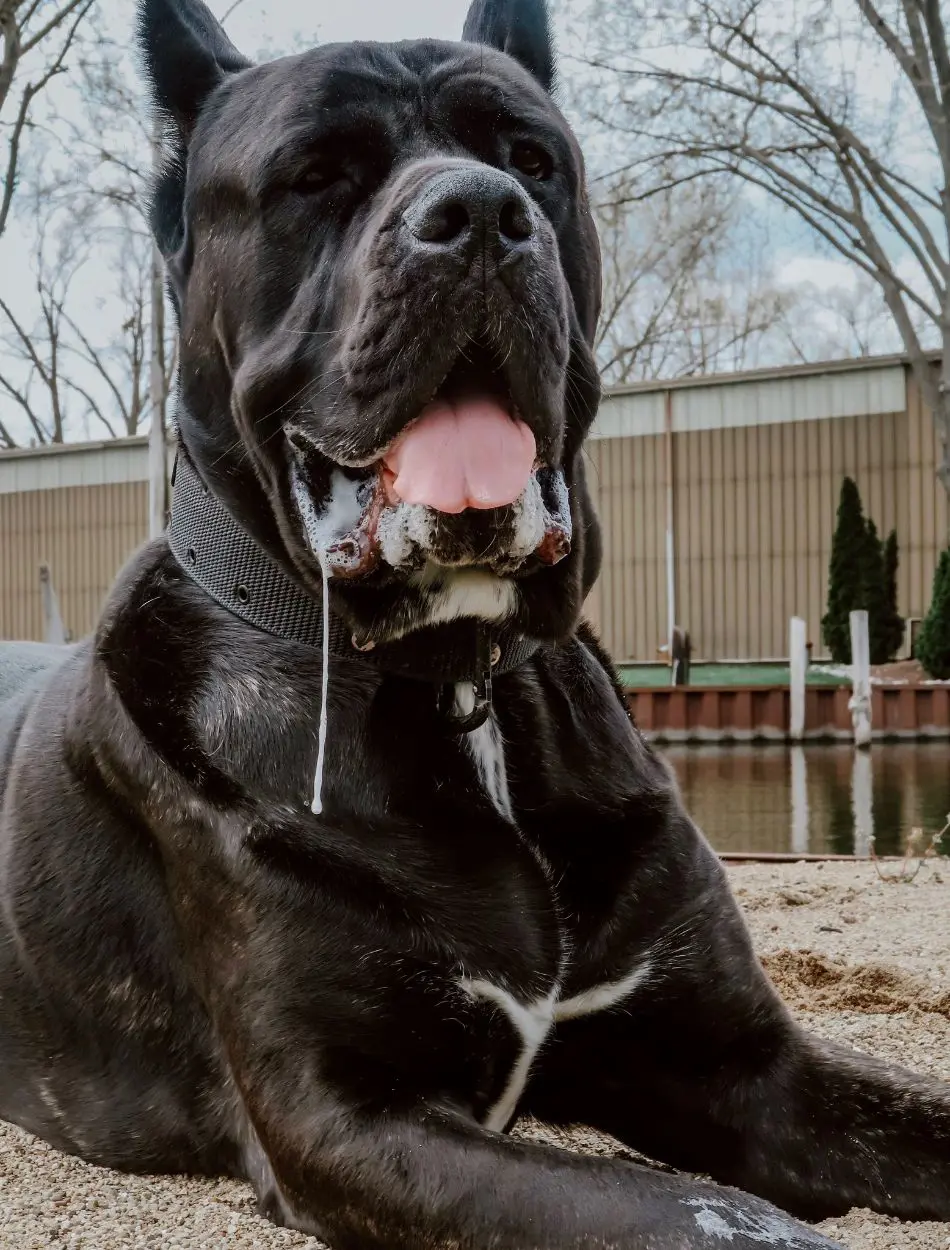18 Reasons On Why Does Your Dog Have Diarrhea
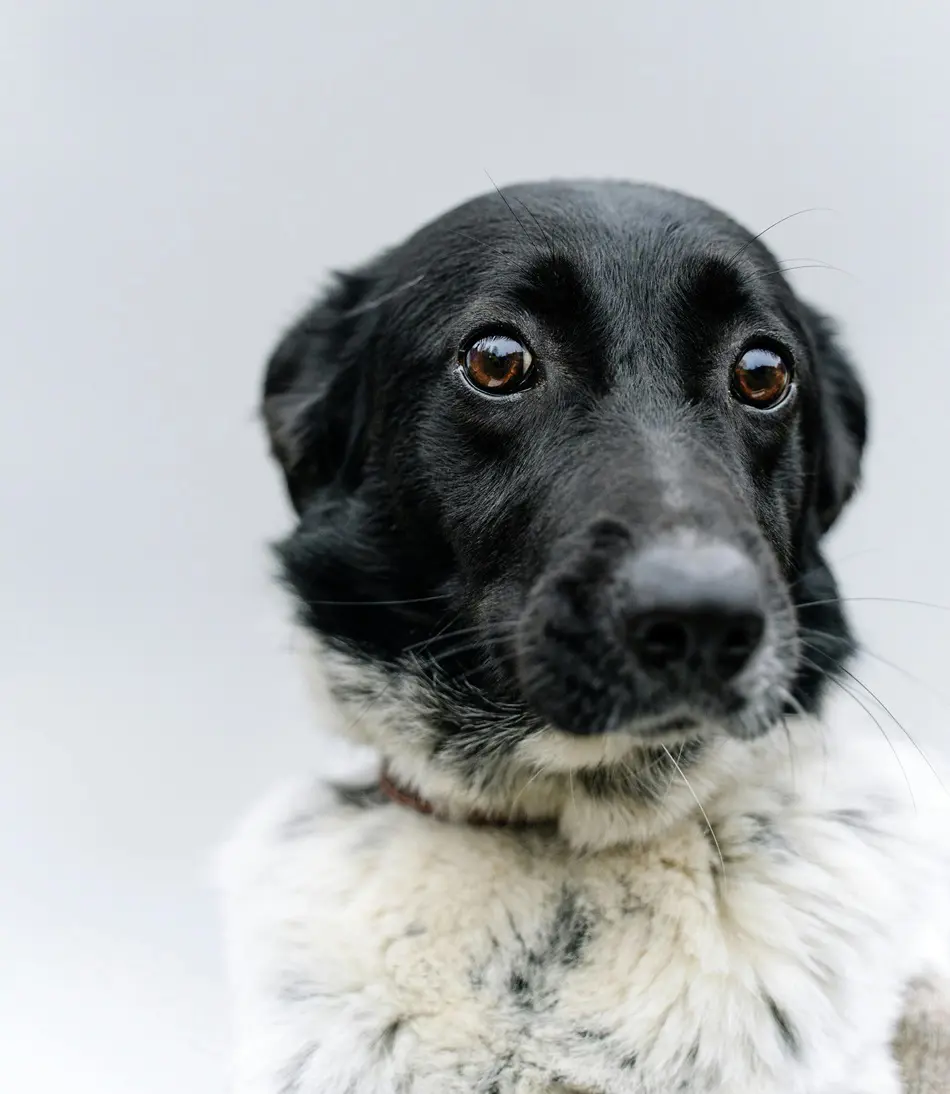
Watching your beloved dog suffer from diarrhea is never pleasant to watch, and it often leaves pet owners feeling worried and concerned. Upset stomachs in dogs can arise from a variety of causes, from something as simple as dietary ingestion to more serious underlying health issues.
Understanding these causes not only helps in managing the concerning problem but also in preventing future issues with your beloved dog. In this blog, we'll explore 18 potential reasons why your dog might be experiencing diarrhea.
1. Sudden Change in Diet
A quick change in the diet can cause an upset stomach and create this issue, it is something that upsets the dog's digestive system if a change in one's diet is done quickly without giving an acclimatizing time.
Changes in such diet should be very slow and gradual over a week or two in order not to upset the gastrointestinal system. You could just start by adding that food item that you want your dog to eat every day in the future but in less quantity daily into their feed to accustom your dog to it first, thereby producing less risk for diarrhea because the dog's digestive systems are very sensitive to new foods.
2. Eating Spoiled Food

The other way that the dogs can get upset stomach is by getting the food contaminated and this comes from animals such as the dogs that dig through the garbage, find the food that is spoiled, and eat it.
The symptoms of this poisoning are vomiting, weakness, and upset stomach and the owner should observe the dog close to the event, and consult a professional in case the symptoms have not disappeared over a long significant amount of time.
Give the dog all the water it wants, but withhold its food for some time if the intake of the spooled food is the cause of the diarrhea. Once the stool starts becoming loose, then start giving light and easily digestible foods in small quantities, for instance, boiled chicken and rice.
3. Food Allergies
Diarrhea may have its roots in the availability of a possible food allergen where the dog's immune system reacts negatively to any of the constituents of his diet. Common allergens are proteins, including beef and chicken, dairy, and grains.
Other symptoms include skin irritation, itching, and upset gastrointestinal issues, identification of allergens in his diet, and then avoidance of the allergen will control and alleviate the symptoms.
In that case, also, carrying out an exclusion diet or allergy testing can point to any particular allergen among foods that cause food allergies that lead to chronic diarrhea. Close monitoring and consultations guarantee further nutritional changes leading to a better GI function of the dog and securing a good state of health for it.
4. Bacterial Inflammation
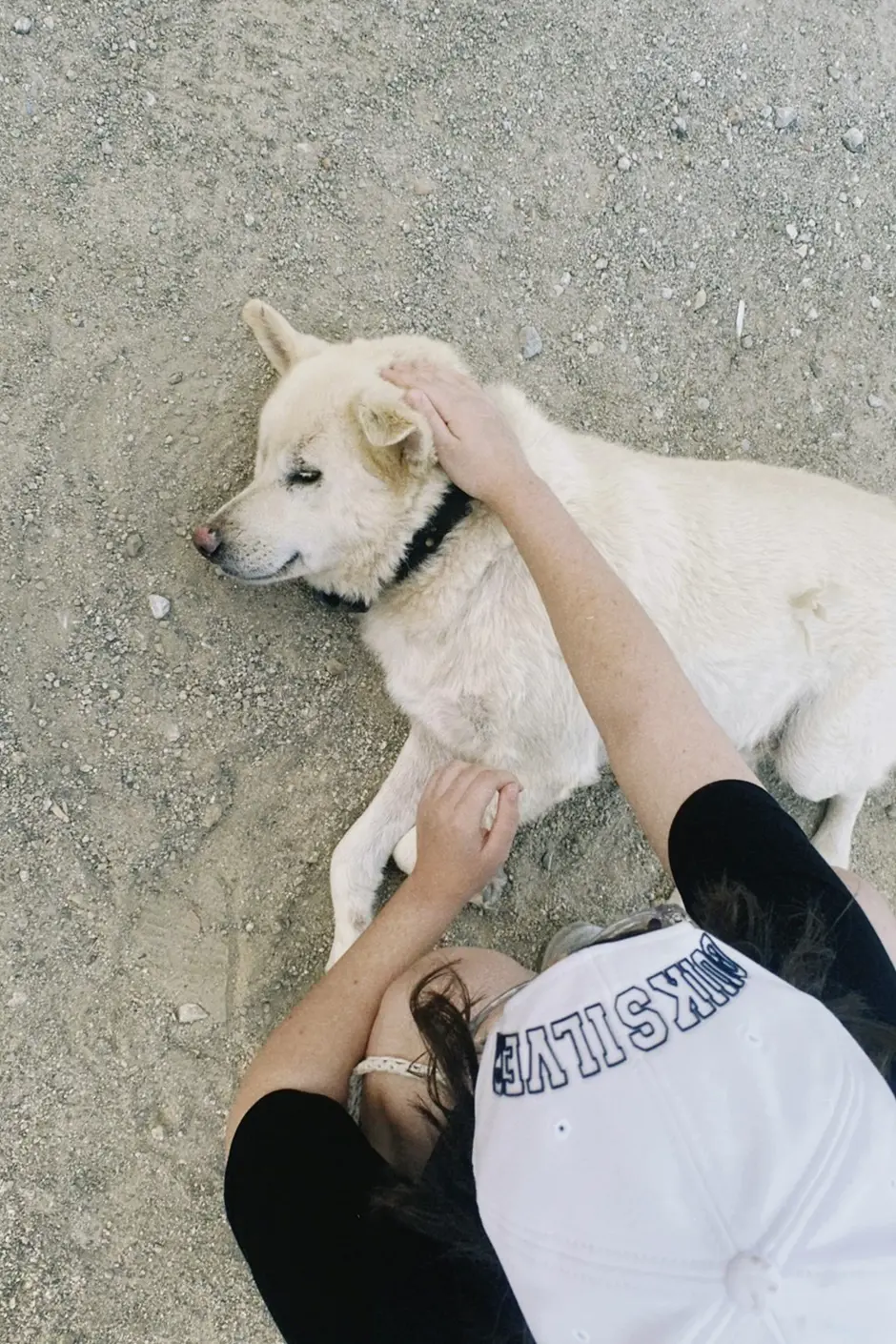
What ensues is the effect in which undesirable species of bacteria, particularly Salmonella or Campylobacter, act to overpower a dog's gastrointestinal tract.
A dog primarily gets this bacterial infection by ingesting contaminated water or food substances that are infected or getting into contact with another animal's excreta that has been infected by the bacterial infection.
The most commonly linked symptoms of it are usually watery stools or blood in the stool, vomiting, anorexia, and fever. Fast veterinary care is therefore very much necessary to quickly diagnose and treat bacterial infections effectively.
5. Viral Infections
Putting up precocious hygienic measures and not using the remains in any manner where an infected dog has been can minimize the severity of these viral infections. Do regular checkups with updated vaccines for your dog to keep the issue away.
Viruses that cause diarrhea in dogs include parvovirus, distemper, rotavirus, and coronavirus, and these deflected paths of the viruses cause infection presenting with signs of vomiting and watery stools, or dogs can be present with signs of dehydration and weakness.
6. Parasites

Pathogens that result in incidents of diarrhea in dogs include intestinal worms, consisting of those encapsulating the roundworms or the ringworms, hookworms, whipworms, tapeworms, and the protozoal infecting agents that consist of Giardia and Coccidia.
All the parasitic agents infest the gastrointestinal system, thereby causing irritation and inflammation and these usually affected are the dogs, mainly showing signs of upset stomach, coinciding with the above infestations, sometimes bloody. The usual source of parasites is the soil, food, and water which might cause contamination of the dog with worms.
Parasites in dogs should be monitored at regular intervals and, if necessary, through regular deworming. Good sanitation is a way of reducing the probability of dog-to-dog parasite infection.
7. Stress or Anxiety
They can get a tummy upset for reasons ranging from changes in routine, loud noises, separation anxiety, or unfamiliar environments, as stated earlier. Other causes may be attributed to stress or anxiety, which could trigger diarrhea in dogs.
Some of the usual symptoms of this level of anxiety may include an upset stomach, diarrhea, vomiting, drooling, and an inability to just calm down. Most of those symptoms should go away though when stressors are controlled via behavior modification techniques, regular exercise, and offering a safe, comforting environment in the life of the dog.
For serious anxiety disorders in your dog or puppy, you can also consult your veterinarian concerning other best therapies for your dog's condition, which include medications and calming supplements.
8. Ingesting Toxic Substances

Dogs will always be at a health risk when it comes to ingesting toxic substances and they might accidentally swallow the consumed chemicals, one's food, or poisonous plants.
Common toxic substances include cleaning agents used in the house, pesticides, certain food for some people, and toxic plants. Common symptoms range from mild gastroenteritis to massive damage to or damage/failure of the organs. The more rapid the treatment, the less the impact, and the better the chances of survival.
9. Reaction to Medication
Some of the causes that may lead to a reaction could be the reaction of medication or hypersensitive reactions to some components of the drug. Symptoms may range from mild discomfort to something very serious in terms of health depending on the medication and how the dog reacts.
Therefore, a dog presenting a negative reaction should be given professional consultation to have an overall guide the dose could be modified or fluorinated into another medication that would help mitigate the symptoms. Dogs may be intolerant to some drugs that are normally end-related and the symptoms can include diarrhea.
10. Pancreatitis

They partially disrupt the normal functioning of this organ of the body and it has commonly been seen that the digestive enzymes turn active too early and start attacking the pancreas, thereby leading to inflammation. Pancreatitis is an inflammation of the pancreas in a dog that is associated with various kinds of severe digestive disorders, such as diarrhea.
Other symptoms include vomiting, abdominal pain, and anorexia. The painful nature of the condition makes early care necessary and treatment may be as simple as dietary modification, but in most, it will involve medication directed at reducing inflammation and restoring normal digestive wellbeing.
11. Intestinal Blockage
In that scenario, there can be an obstruction in the intestines, where a blockage from fed materials is along the intestines and starts a digestive effect that can turn into something serious. In this case, immediate attention would be required for your dog.
Most are caused by foreign bodies that your dog would have swallowed like toys, bones, clothes, and so forth. At the onset, the presentations specific to such obstructions would be abdominal pain, vomiting, and refusal to eat. It is a medical emergency and has a few exceptions in which surgery should be spared its risks even in the presence of diarrhea.
12. Inadequate Nutrition

All these can affect a dog generally, and certain digestive problems arise, especially changes in bowel habits, which may affect how comfortable and well the dog generally feels.
Dogs that do not get the right balanced diets, meeting their nutritional needs, are likely to develop all forms of health problems. Normally, they show symptoms of sluggishness, dull coats, and diarrhea.
Proper nutrition ensures proper immunity, digestion, and general health in a dog. Proper consultation will bring forth the fact that most problems regarding a dog can best be avoided by feeding relative to age, size, activity, and condition not only in the prevention of nutritive insufficiency but also for best digestive health.
13. Hormonal Imbalances
Such imbalance in dogs critically undermines their fitness and overall well-being and, in most cases, leads to various health-related diseases or conditions that require immediate medical attention.
For instance, symptoms might comprise changes in appetite, weight, shock, behavior fluctuations, and disturbance of physiological functions. The diagnoses have to be made based on comprehensive tests and have to find out what specific hormone imbalance identified affects.
The treatment may be very diverse and include methods used from medications through hormone replacement therapies to diet changes and other directed therapies aimed at the restoration of balance, optimal health, and quality of life for the dog.
14. Overeating

An imbalance in eating will shortly and sooner after result in disturbances in digestion, which manifest in discomforts like diarrhea and vomiting in dogs. Some of them will eat just because they have time, are bored, or are stressed.
If food is left in front of them, they may develop the habit of eating until most of it is gone, hence the immune system bloating, gut discomfort, or loose motions. This would regulate the dogs' tendency to overeat if feeding is done with the right amount of food and by following a dog's customized feeding needs.
It is better to monitor the food that is being eaten and give the dog enough time to exercise so that it does not eat more than usual, reducing the incidence of gaining extra weight and hence an upset stomach.
15. Age Related Issues
With the advance of age, in dogs, there is physiological alteration characterized by slowing the digestive system, and hence, metabolic slowing and age-related problems in dogs are the forerunners to most gastrointestinal complications which can lead to diarrhea.
Accompanying complications to this extent include those of constipation or diarrhea in some cases. It should further include the requirement to be fed according to how eating habits change over time, periodic checks so that conditions can be detected early, and the right amount of exercise and love may be properly dispensed.
A veterinarian shall also be able to find particular problems and plan the best ways to have the most healthy and comfortable life as it ages.
16. Insect Bites
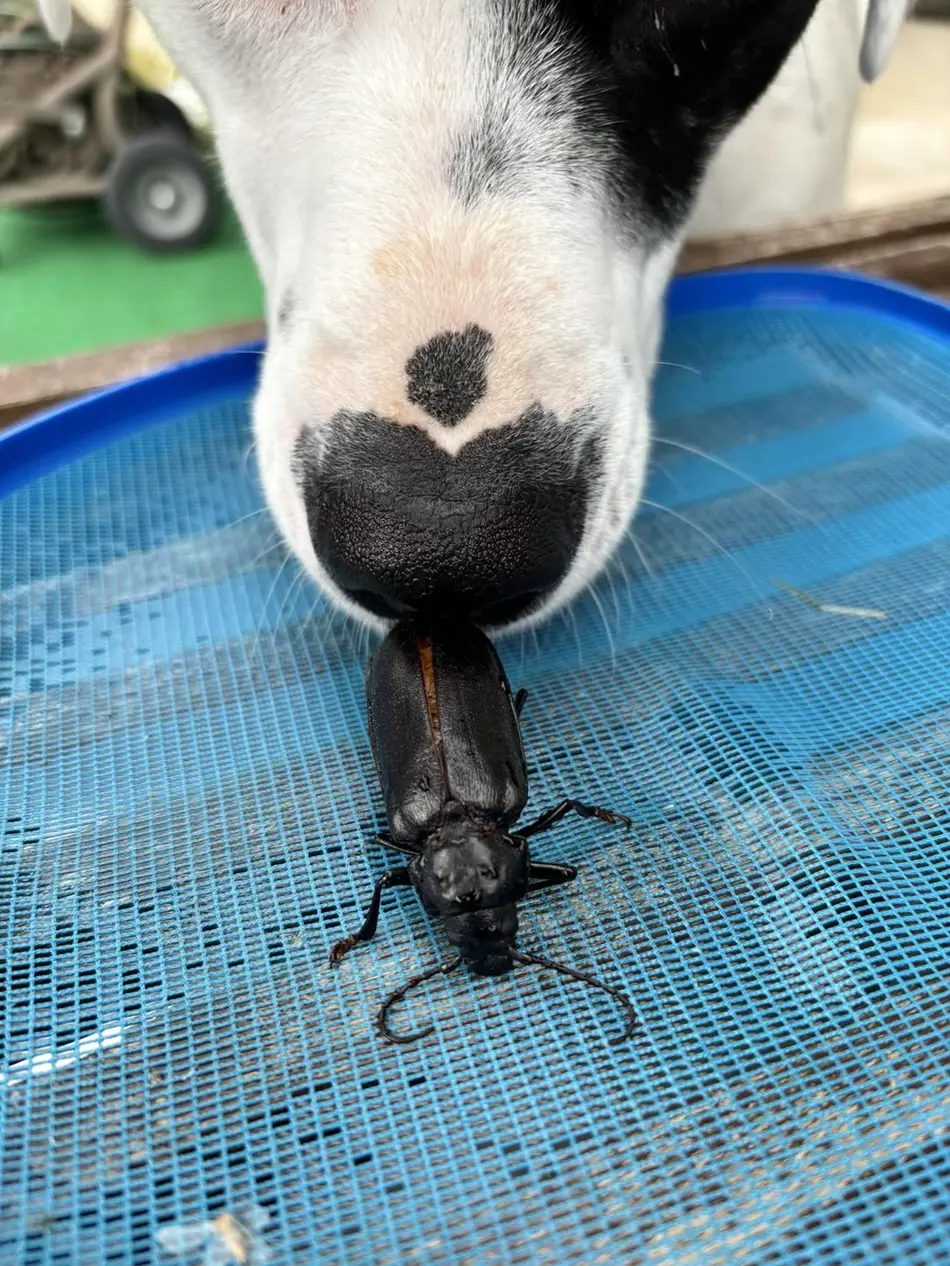
Chewing on insects normally elicits highly uncomfortable responses in dogs with skin conditions, but in some serious conditions leads to more serious stomach problem that includes diarrhea too. It may be experienced at the site of the bite of the dog including itching, swelling, redness, and some pains in serious cases.
The severity of sensitivity and type of biting insect taken into account will further make a difference because some other bites, such as those of mosquitoes, fleas, ticks, or spiders, may give very similar presentations.
Prevention can reduce bug bites and reduces the risks of diarrhea, through the proper use of the prescribed substances of insect repellent and avoiding sites that could be a potential home for these injurious insects.
17. Heatstroke
The reality is that this is a fairly rare cause of watery stool in dogs, but in most cases, these were carried out beforehand, it was the heat stroke that was the precipitant. The predisposing underlying condition will cascade into other health problems, which are due to general stress and shortages of other essentials such as body water.
Such heatstroke in dogs may be due to being in an extremely hot environment where the humidity level is huge and/or under direct sunlight. The body of the dog cannot maintain the temperature in the desired manner so its body temperature is not maintained within the normal range.
There are some general signs of heatstroke like severe panting and rapidly pushing the air out, heavy drooling or even foamy mouth, weakness, and an increased heart rate.
18. Travel-Related Stress

It is a fact that humans as well as dogs suffer from traveling and itinerary symptoms caused by stressors when taken to new environments can develop gastrointestinal problems, including diarrhea.
For the dog, this can be pretty stressful transportation means the stress of something new, and even the slightest change in its surrounding environment, like a new smell or hearing something different, can bring about the behavior in question.
Some dogs begin to worry in a crate or the car, and this sometimes leads to failure, which is manifested in diarrhea, vomiting, or refusal of food. To prevent travel anxiety and spare effects on digestion, it is quite imperative that a dog should be insured to travel gradually and familiar comforts may maintain health and general well-being en route.
Understanding the causes of your dog's illness is crucial for effective treatment and ensuring the overall health and well-being of your dog.
Recent posts
Dogs
Why Is My Dog Panting? 18 Reasons For Breathing Fast
Dog owners, those in tune with their pets, can often notice a change in their companion’s behavior. When unwell or scared, some dogs hide while others seek solitude. Similarly, panting is a normal sign of tiredness or lethargy, but can also imp...
10 Reasons Behind Dogs Chewing And Licking Their Paws
Some of the most harmless behaviors dogs depict are chewing on their paws. But if this obsession catches onto your pup, well, that raises a couple of curious eyebrows. Your dog's tendency towards chewing and licking can affect general health and well...
18 Reasons Why Your Dog Is Not Eating
A skipped meal here or there is normal, but your dog consistently refusing food is the cause of concern. The reasons range from dietary issues to more serious health conditions and behavioral issues. The dog may be a picky eater or there might be som...
17 Causes Of Seizures In Dogs
Don't dismiss your pet dog's uncontrolled twitching movements as harmless shivering - you may be bearing witness to the classic signs of a seizure. These sudden and involuntary electrical disturbances can drastically impact a dog's health and even ch...
18 Reasons Why Your Dog Is Drooling So Much
While drooling in dogs is perfectly normal in certain situations, excessive or continued drooling may hint at a more serious issue that requires attention. Once you know the probable causes of this drooling in your dog, you can take some necessary st...
18 Reasons On Why Is My Dog Limping
A dog limping can be a cause of concern and cause stress to owners. It is not normal dog behavior and can be a sign of health problems in dogs. Understanding why your dog is limping is important to cure this problem. This article discusses 18 reasons...


